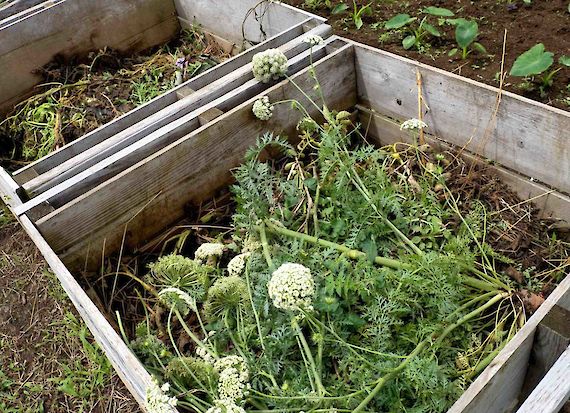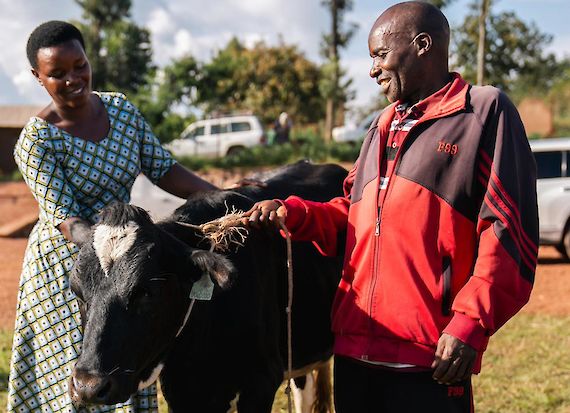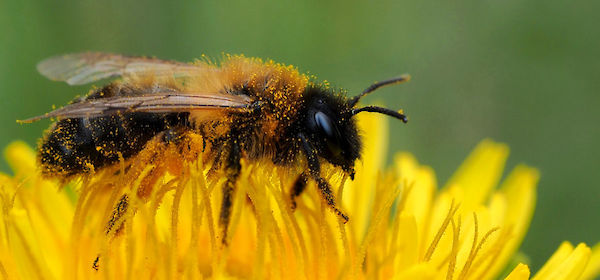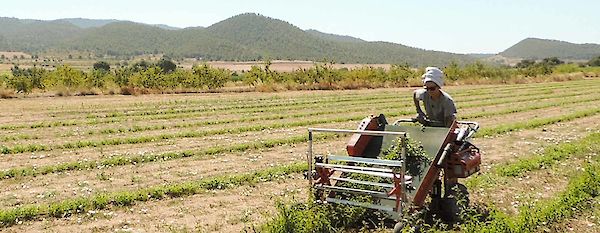The Benefits of Compost
From Sri Lanka to Rwanda, we’re literally laying the groundwork for a sustainable future with compost. But what makes nature’s fertilizer so important?
The life cycle of food is often a straight line: a plant is grown, harvested, sometimes processed and packaged, purchased, consumed, and leftovers are sent off for disposal. Most sustainability efforts change individual points along that line, like shopping locally or using responsible packaging. But the biggest opportunity is making that line into a circle.
Without circularity, food waste gets sent to landfills, where tremendous amounts of methane are produced as it breaks down. Methane is a greenhouse gas over twenty times more potent than CO2! With billions of pounds of food thrown away every year, food waste has become a climate disaster.

Composting gives purpose to food waste, folding it back into the supply chain by creating an amazing natural fertilizer that avoids methane and supports healthy soil, turning household trash into farming treasure. Compost plays a huge role in our farmers’ success because it’s a natural alternative to chemical fertilizers for organic ingredients. It’s only natural for us to be advocates for composting wherever we source our ingredients!
For example, we use Sri Lankan cinnamon oil in our teas, but extracting the oil from the cinnamon bark creates a lot of waste. The Yogi Foundation invested in a collaboration using that bark waste to support additional organic cultivation all over Sri Lanka—at the rate of 15 tons per month.
In Rwanda, where tea is usually grown on steep hillsides, we donated cows to tea farmers to jump-start a compost program that would prevent topsoil runoff—a common occurrence that erodes productive soil. But these cows (and a Yogi-funded training program) are ensuring the production of fertile compost to keep farmers well-equipped to protect their organic land and ways of life.

Composting isn’t just for farmers— you can do it at home, too. There are excellent guides available that highlight how easy and cost-effective it can be to get started. Alternatively, check to see if your municipality has a compost program, or ask around at a local farmers’ market.
Eager for more sustainability tips and stories? Follow this blog to stay in touch. When we’re working towards the same goal—a healthier planet for healthier people—our success is your success, and yours is ours.



